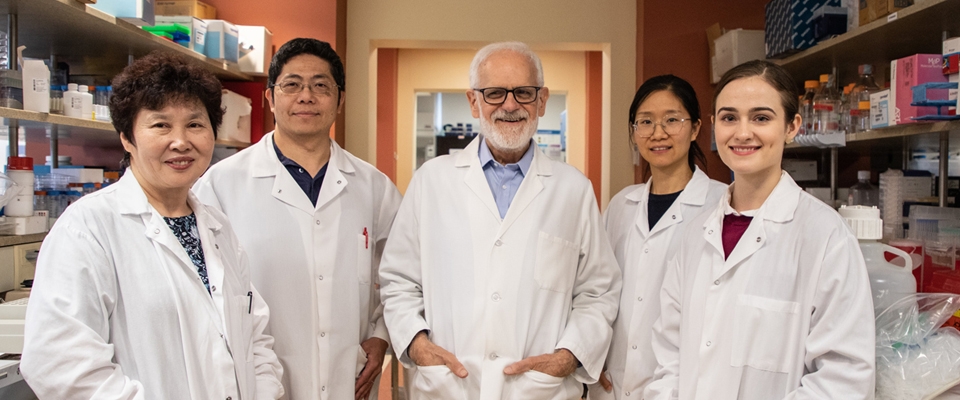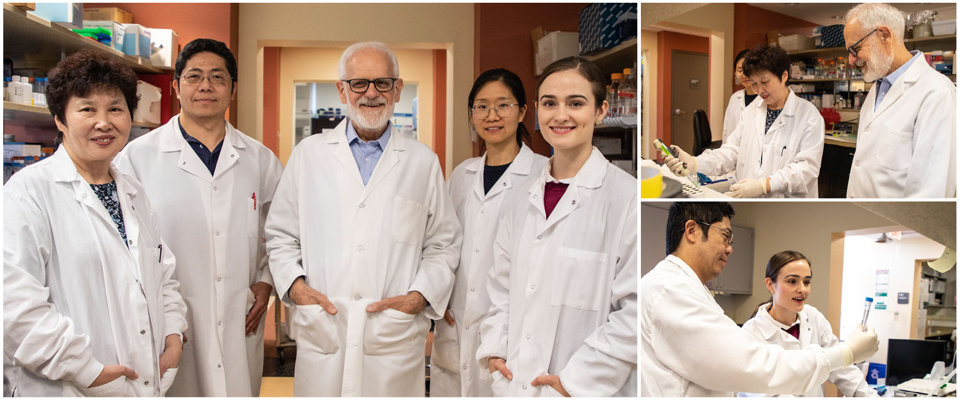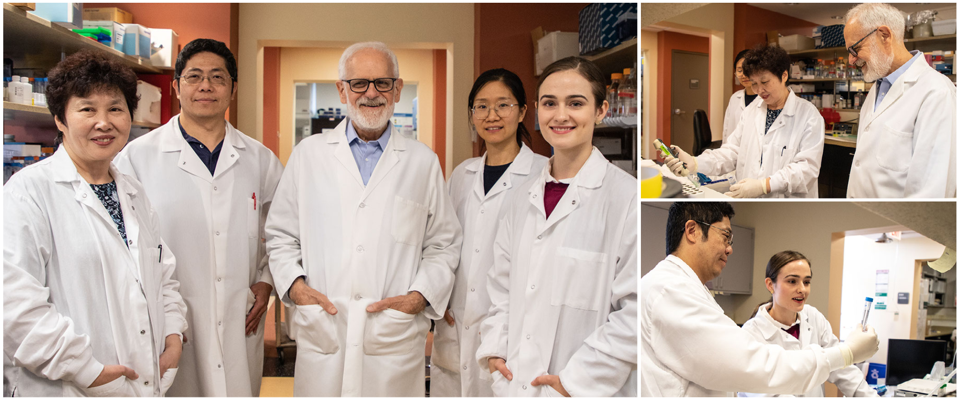You are here

New Data Suggests Raising Vitamin B1 Levels very high Helps People Living with mild Alzheimer’s Disease
A small exploratory clinical trial conducted by Dr. Gary E. Gibson’s laboratory at the Burke Neurological Institute in collaboration with physicians at the Burke Rehabilitation Hospital, suggests that Benfotiamine is safe and potentially efficacious in improving cognitive outcomes among people living with Mild Cognitive Impairment and mild Alzheimer’s disease (AD). Benfotiamine, a therapeutic drug that raises blood vitamin B1 (thiamine) levels very high, has been tested as a twelve-month treatment. High vitamin B1 has many benefits including raising brain glucose utilization. The results are now published in a manuscript online by the Journal of Alzheimer's Disease.
Every 65 seconds, someone in the United States is given the devastating diagnosis of Alzheimer’s disease (AD). With a progressively aging population, current forecasts predict the prevalence of Alzheimer’s disease will inflate from more than five million to a projected 14 million Americans by 2050(1). While the human brain represents only two percent of the body weight, it utilizes around 20 percent of total body glucose. Research findings show that individuals living with AD may have decrease in glucose utilization 20-30 years prior to signs of memory loss. The hope is that by increasing glucose utilization, it will ultimately slow or stop memory decline.
This clinical trial was supported by the National Institutes of Health (NIH) and the Alzheimer’s Drug Discovery Foundation.
1. Facts and Figures. https://www.alz.org/alzheimers-dementia/facts-figures










